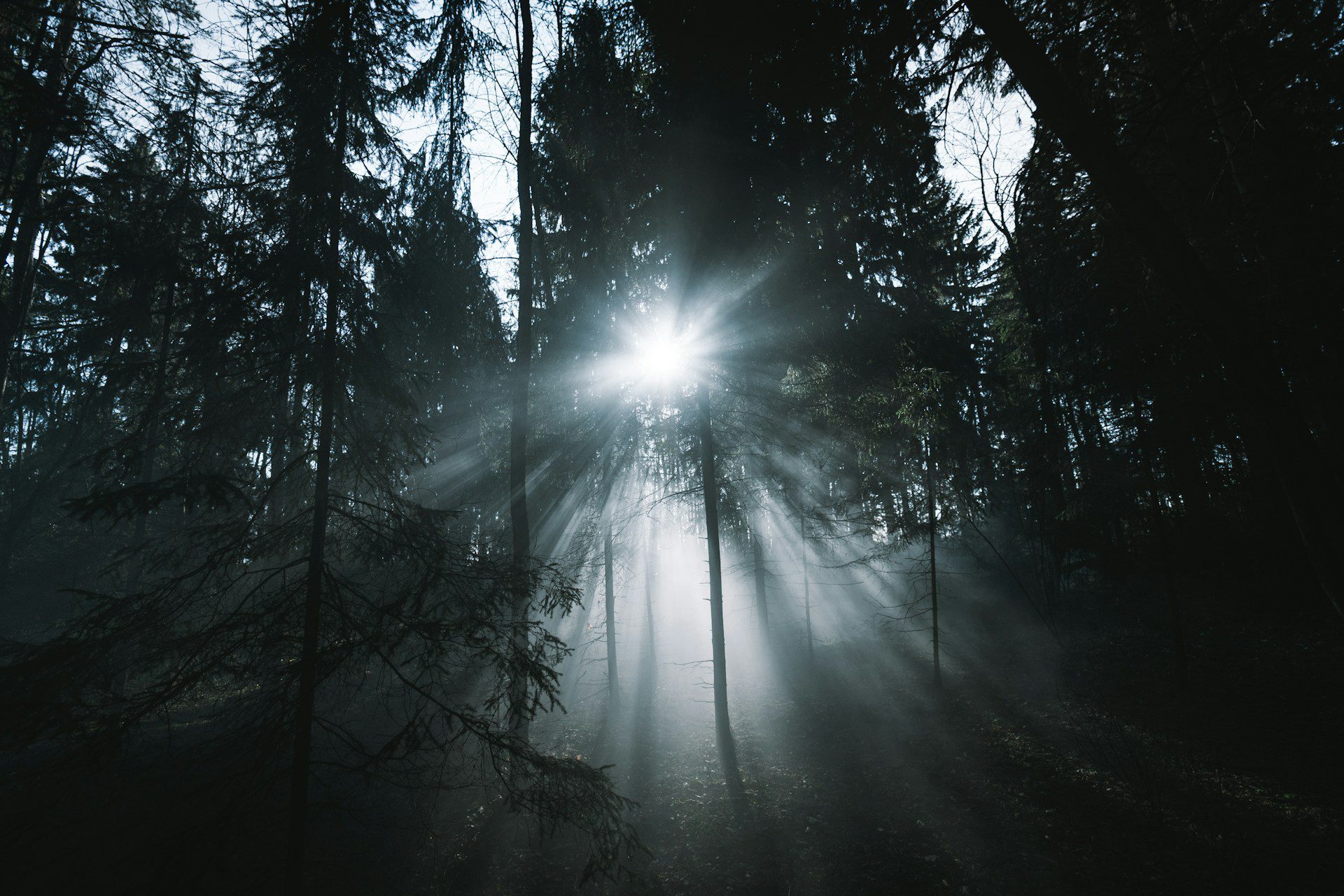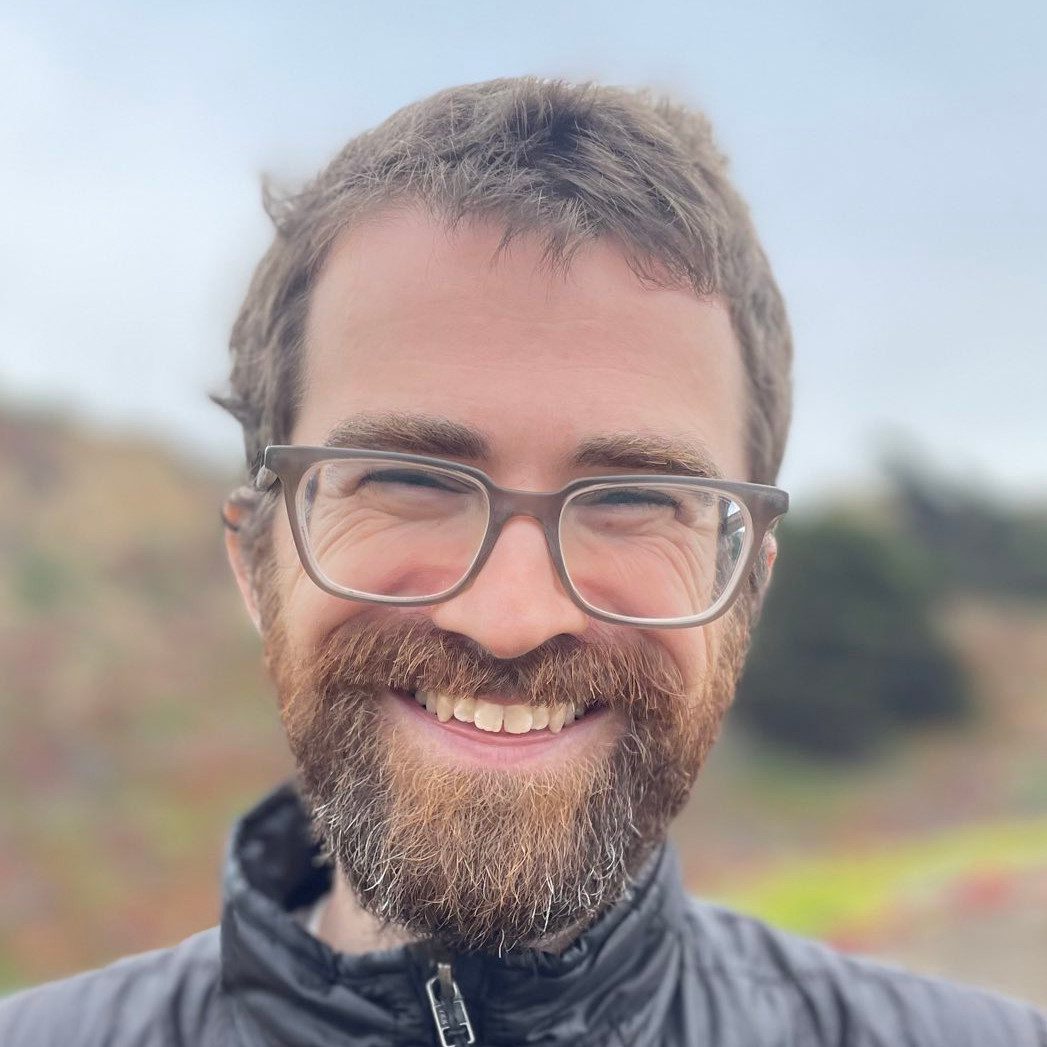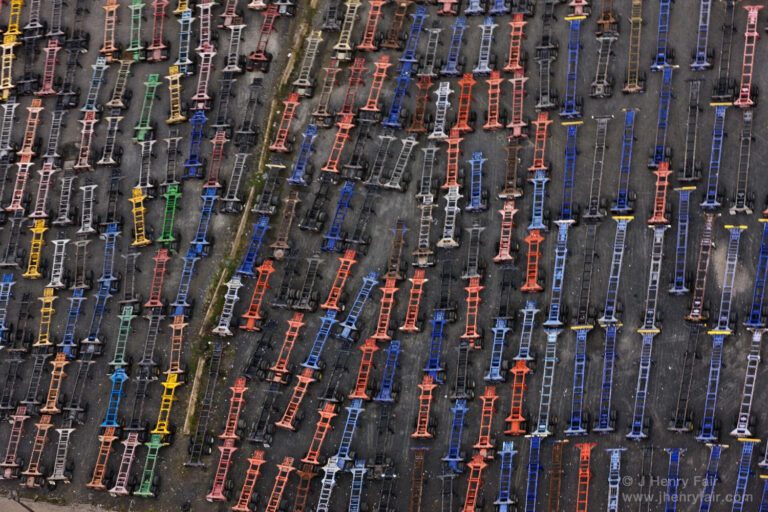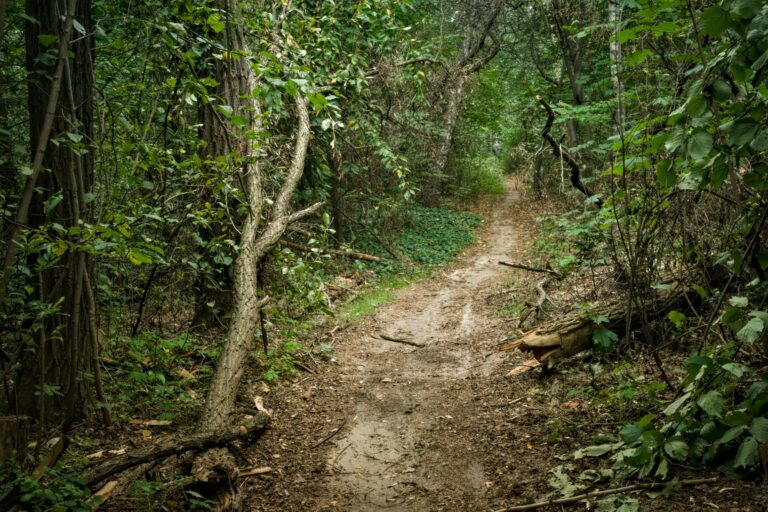I always feel conflicted about New Year’s resolutions.
This is a time of year when a lot of people, myself included, reflect on our commitments and consider making new ones. This tradition can be traced back to at least 4,000 years ago, when the ancient Babylonians would mark the new year with promises to pay debts and return borrowed agricultural equipment. The practice remains strong in the United States, where a 2022 survey showed that 37% of adults planned to make a resolution for 2023.
This spirit of reflection and aspiration, of course, has a substantial presence in Buddhism as well. When we formally enter the Buddhist path, we do so with the Refuge Vow. Depending on our tradition, we might find ourselves taking pratimoksha vows of non-harming, the bodhisattva vow of collective liberation, or samaya vows of tantric practice. Many Dharma communities also practice full- and new-moon ceremonies to acknowledge wrongdoing and recommit to wholesome conduct. During my time as a monastic, I found these twice-monthly sojong practices to be powerful and deeply helpful.
The more our focus is captured by our perceived individual shortcomings, the harder it is to find the energy to take on entrenched systems of harm and inequality.
So why, as a follower of a tradition so rich with the practice of vow-taking, do New Year’s resolutions make me a little squeamish?
To be clear, I don’t think there’s anything inherently wrong with goal-setting. But a revealing statistic emerged from a 2023 survey conducted by Forbes. Among U.S. adults who planned to make resolutions for 2024, 62% reported that they felt pressured to make a resolution. For many people, it seems, these commitments come from a sense of coercion rather than joyful aspiration. Add to this the fact that the five most common resolutions are all about self-improvement (fitness, finances, mental health, weight, and diet), and an overarching cultural theme emerges: “I’m not good enough.”
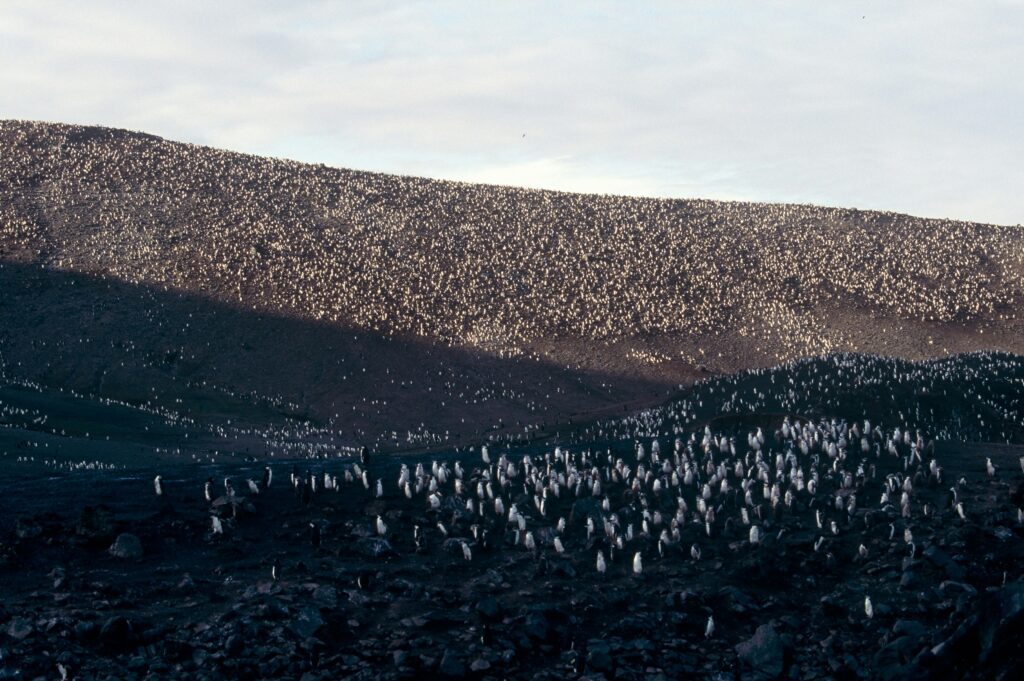
In addition to being inherently unhealthy, this belief perfectly serves the interests of dominant culture. If we are convinced of our own insufficiency, we’re more likely to spend money and work harder to close the gap between our reality and our idealized self. The more our focus is captured by our perceived individual shortcomings, the harder it is to find the energy to take on entrenched systems of harm and inequality.
In a recent gathering for participants in the EcoSattva Training, we discussed vows as a source of strength in our practice. One concern was raised that resonates deeply with me: how can we make sure that vows don’t become another way we punish ourselves, another yardstick that tells us all the ways we’re falling short? After all, some vows we might take sound impossible, with perhaps the most famous one beginning: “Sentient beings are numberless; I vow to save them.”
How can we work skillfully with aspirational vows like this in a commercial culture that in some ways wants us to find fault with ourselves? How can we relate to our vows so that they remind us of our essential goodness and inspire us to courageously express it on behalf of other beings and our home?
There are many possible answers to this question, but in that same gathering, our director Kristin shared a phrase I had never heard before, one that comes from the work of philosopher and theologian Henry Corbin. Our vows, Kristin said, can serve as “the angel out ahead.” In other words, rather than a concrete task we can fail or succeed at, a vow might be a compass point for us to follow, something we can lift our gaze toward that will let us know when we are moving in the right direction.
This image resonates deeply with me. Reflecting on my own vows, I realize that I sometimes feel like I’ve failed when I’m overwhelmed by the suffering of the world, or when I fall prey to distraction. But it’s no failure not to have reached the angel yet, or become one with it. It’s okay to be a human on the path. The vow, the angel, is there whenever I remember to lift my gaze, reminding me which direction I ought to be traveling in.
Whatever vows, resolutions, or commitments you hold, I hope that they help you recall your innate wisdom and strength. We are so frequently bombarded with messages that we’re not good enough, that we don’t care enough, that we’re not doing enough. A genuine response to the suffering of the world can only come from steady faith in our basic wholeness, not a conviction that we are broken. As we enter a new year together with you, our Sangha, our aspiration is to support you in connecting with that wholeness, and with your angels out ahead.

